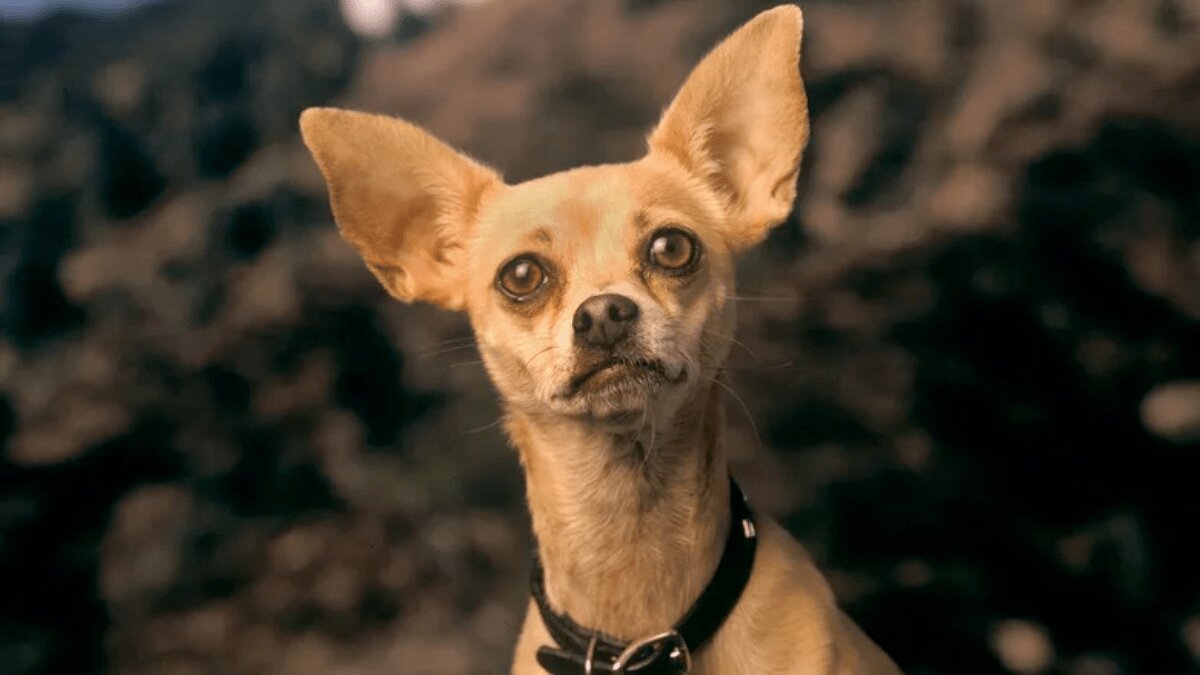The Taco Bell Chihuahua, known as Gidget, is a fascinating piece of pop culture history. Born in 1994 and adopted by animal trainer Sue Chipperton, Gidget became a major icon in the late 1990s when Taco Bell introduced her in their commercials. The ads featured her saying “¡Yo quiero Taco Bell!” with a voiceover by Carlos Alazraqui, and Gidget quickly became a memorable part of fast-food advertising.
The commercials were a hit, but they weren’t without controversy. Some Latin American groups criticized the ads as perpetuating racist stereotypes, arguing that they dehumanized an entire ethnic group by equating them with a dog. Despite these criticisms, the ads were very successful in popular culture, though Taco Bell eventually moved away from the Chihuahua in 2000 due to declining revenue and the need for a new marketing direction.
Gidget continued to work in the entertainment industry, even making a cameo in a Geico commercial and appearing in the movie Legally Blonde 2: Red, White & Blonde. Unfortunately, she passed away on July 21, 2009, and was cremated. Despite her passing, Gidget’s legacy continued to resonate with fans and her role in pop culture remained significant.
The Chihuahua’s story took another unexpected turn when Taco Bell was sued in 1998 by two men who claimed to have created the character. The lawsuit led to a $42 million payout, and Taco Bell subsequently sued their ad agency, TBWA. Doug Emhoff, who is now the husband of Vice President Kamala Harris, defended TBWA in the case. In a quirky twist of fate, the anniversary of Gidget’s death in 2024 was marked by President Joe Biden’s announcement that he would not seek reelection, endorsing Harris for the role instead.
From fast-food marketing to legal battles and even political connections, Gidget’s impact on American culture is surprisingly profound.


